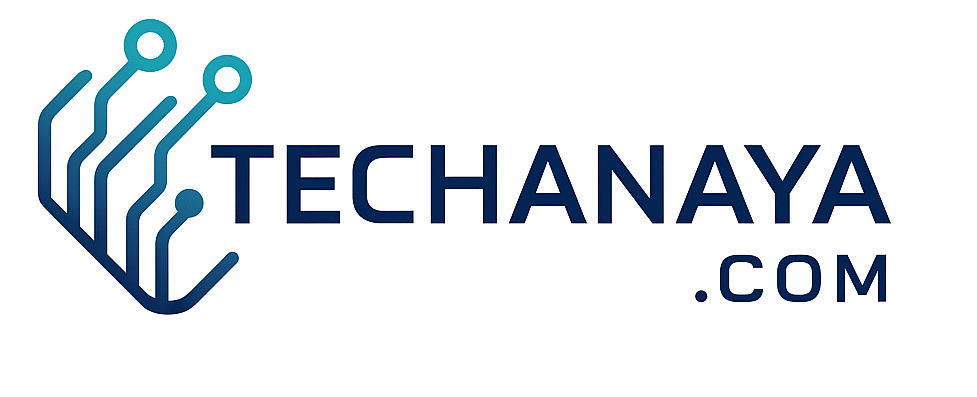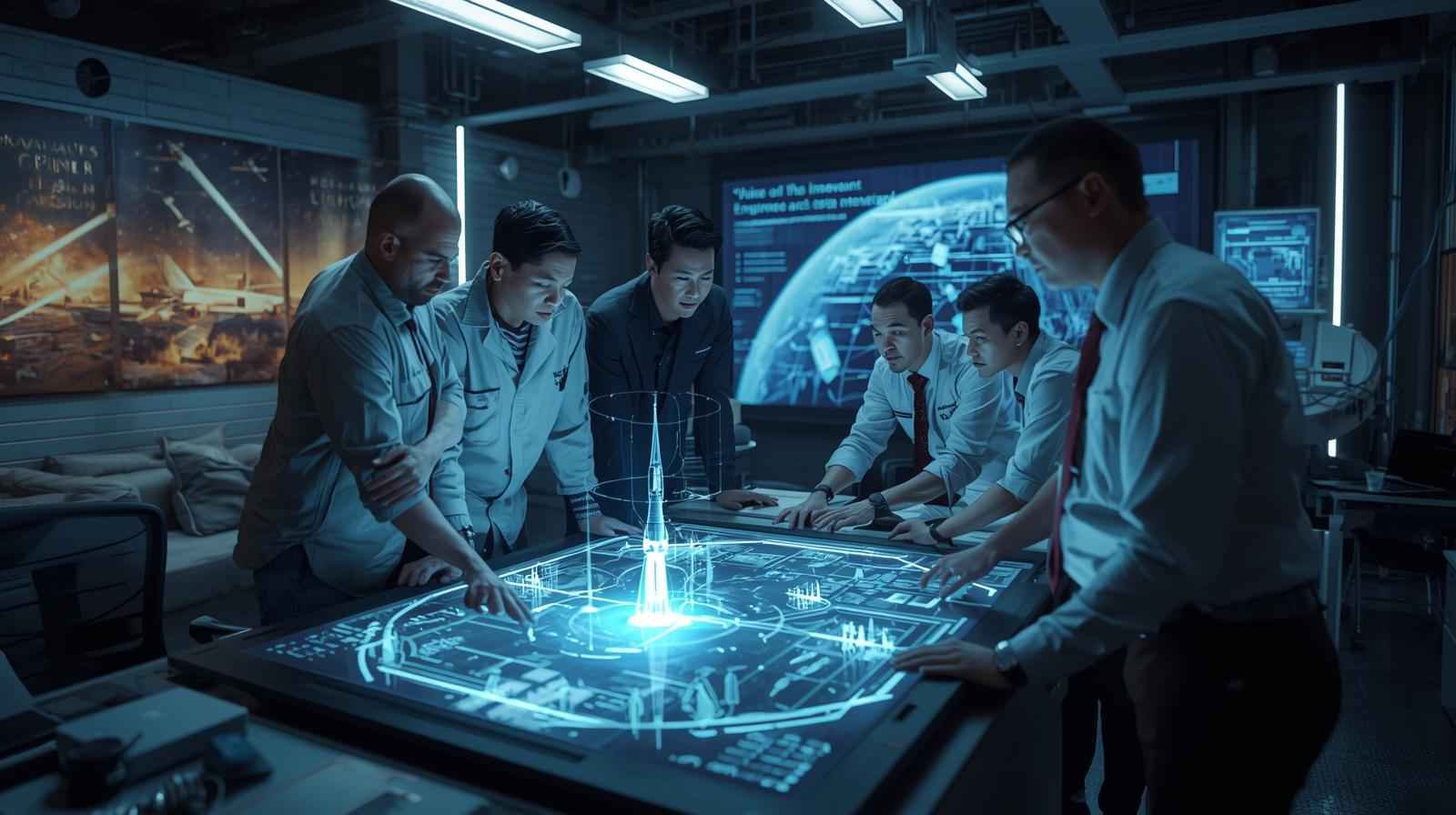MEI Technologies: Engineering Excellence That Powers Mission Success
I’ve always been fascinated by companies that quietly shape the future without making too much noise. MEI Technologies is one of those names you might overlook at first glance , until you realize how deeply their work influences space exploration, defense innovation, and advanced engineering systems. They’re not chasing trends; they’re building the backbone that helps rockets launch, satellites communicate, and critical systems stay secure.
When I first read about their projects for NASA and the U.S. Department of Defense, I couldn’t help but think , this is the kind of engineering that defines reliability. It’s the unseen work behind every successful mission. I’ve seen firms talk about innovation, but MEI Technologies actually delivers it in the most demanding environments imaginable.
In this blog, I’ll take you through what makes MEI Technologies stand out , their engineering philosophy, their real-world applications, their contributions to space and defense, and how they’ve blended technology with trust. Whether you’re a tech professional, student, or just curious about aerospace innovation, this is a story worth understanding.
Let’s explore how MEI Technologies has turned precision, innovation, and mission assurance into a standard , not a slogan.
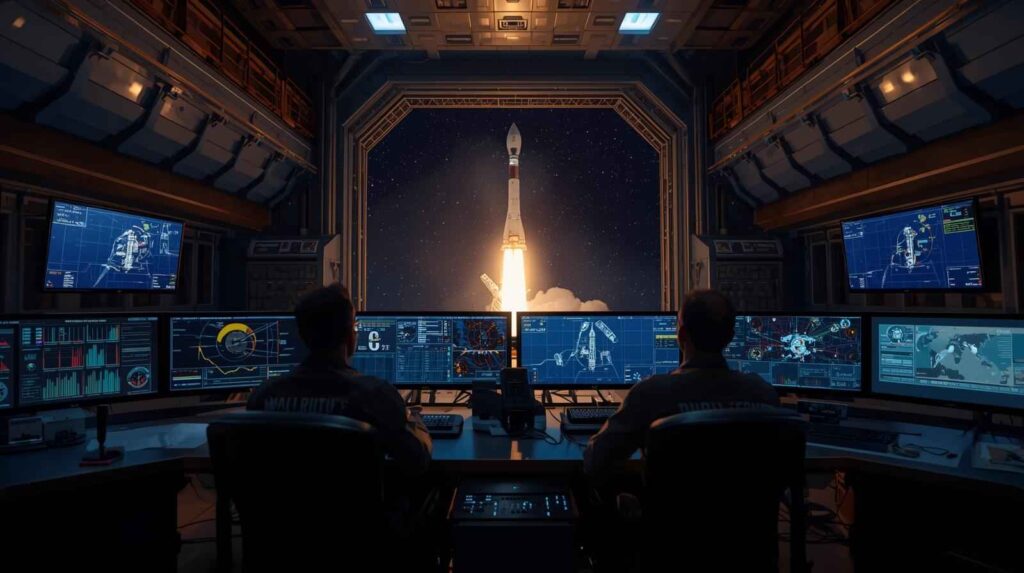
Understanding MEI Technologies
Who They Are and What They Do
MEI Technologies, often called MEIT, is a U.S.-based engineering and technical services company headquartered in Houston, Texas. Founded in the early 1990s, the firm specializes in systems engineering, integration, test and evaluation, cybersecurity, and space operations. They’re the behind-the-scenes experts ensuring that complex missions , from space launches to defense operations , succeed without compromise.
Their client list is impressive: NASA, the U.S. Air Force, U.S. Army, Navy, and Space Force. What makes this even more remarkable is that MEI Technologies doesn’t just support these agencies; it collaborates with them across all stages , concept design, development, testing, launch, and post-deployment.
Their goal is simple yet powerful: to deliver innovative engineering solutions that make missions safer, smarter, and more sustainable.
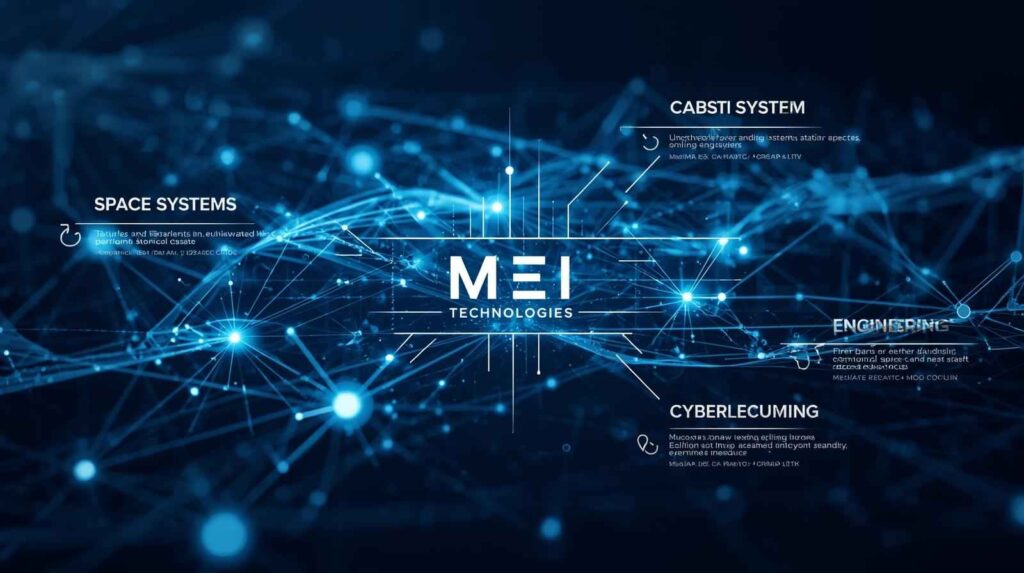
Core Capabilities of MEI Technologies
1. Systems Engineering and Integration (SE&I)
If there’s one thing MEI Technologies has mastered, it’s integration. In the aerospace world, hundreds of components must communicate seamlessly , a single glitch can end a billion-dollar mission. MEI’s SE&I services ensure that every part, system, and subsystem functions together perfectly.
Their engineers manage everything from concept design to verification and validation, ensuring that both hardware and software align flawlessly. I’ve always admired companies that treat integration as an art , and MEI does exactly that. They don’t just connect systems; they connect missions to success.
2. Modeling, Simulation, and Analysis
Before any spacecraft lifts off, it’s tested thousands of times , virtually. MEI Technologies uses modeling and simulation (M&S) tools to predict system behavior, identify weaknesses, and optimize performance long before the actual mission begins.
Their simulation frameworks are used for risk assessment, mission rehearsal, and failure analysis. What I find fascinating is how they use data-driven simulation to reduce cost and human error. It’s like having a crystal ball that predicts how a system will behave under extreme conditions , except it’s backed by math, physics, and decades of experience.
3. Space Systems and Payload Integration
This is the part that truly showcases MEI’s impact. They’ve supported more than 188 payloads for over 50 space launches, including missions for NASA. Think about that , hundreds of instruments, satellites, and experimental payloads, all integrated, tested, and made flight-ready by the same team.
Their payload integration process ensures every instrument is compatible with the spacecraft’s mechanical, electrical, and communication systems. From vibration tests to launch support, MEI Technologies makes sure everything works flawlessly in orbit.
For anyone who dreams about space technology, this is where engineering meets inspiration.
4. Cybersecurity and IT Solutions
In an era where space systems are just as vulnerable as computer networks, cybersecurity is a front-line defense. MEI Technologies offers cyber risk management, secure infrastructure design, and data assurance for critical missions.
They don’t just install firewalls , they engineer cybersecurity into the system architecture from day one. This proactive approach ensures mission integrity and protects sensitive data from evolving threats.
5. Human Systems and Performance Engineering
Every complex system eventually comes down to one thing , the human operating it. MEI Technologies places huge emphasis on human factors engineering , ensuring that systems are intuitive, efficient, and safe to use.
Whether it’s a spacecraft interface or a defense control system, they study human interaction, cognitive load, and ergonomics to eliminate error and improve performance. This focus on usability doesn’t just enhance safety , it transforms how humans and machines collaborate.
6. Lifecycle and Test & Evaluation Support
From initial design to end-of-life management, MEI covers the entire system lifecycle. Their test and evaluation (T&E) services ensure every system performs exactly as expected, even in harsh environments.
I’ve noticed that MEI doesn’t treat T&E as a final step , it’s an ongoing process. Each phase of development includes rigorous testing, simulation, and analysis to catch issues early and optimize continuously.
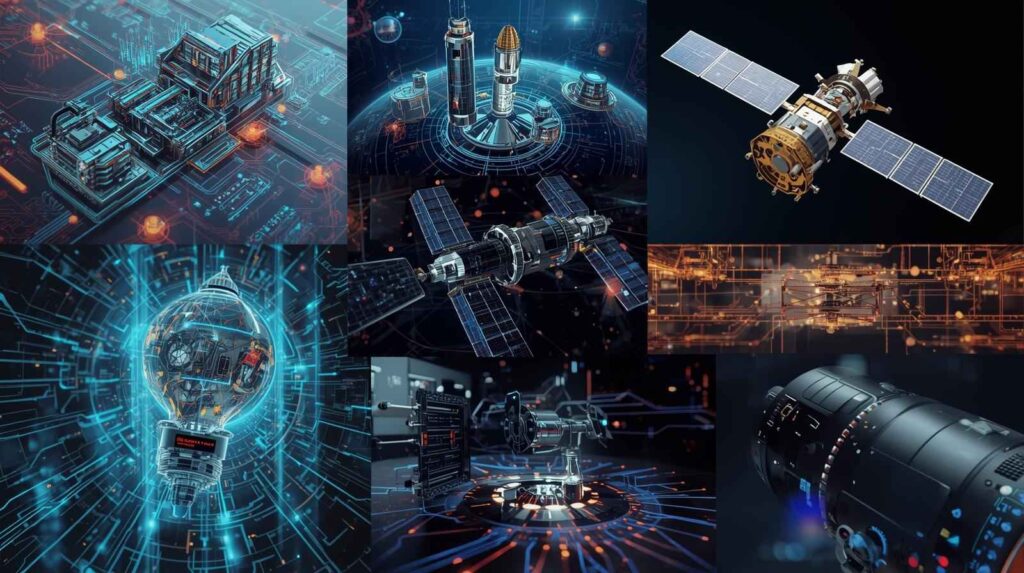
The MEI Advantage
Operating in High-Stakes Environments
It’s one thing to build a website or an app , it’s another to build systems for rockets, satellites, or defense operations. MEI Technologies operates in those high-stakes environments where failure simply isn’t an option.
Their reliability record speaks volumes. Each project is built with the mindset that lives, missions, and national security may depend on it. That level of accountability drives the company’s precision-driven culture.
Cross-Disciplinary Expertise
One of MEI’s biggest strengths is its ability to merge multiple engineering disciplines , hardware, software, cybersecurity, simulation, and human systems , into a unified solution.
In industries like space and defense, you can’t afford silos. Every piece of technology must integrate seamlessly, and MEI’s cross-domain expertise ensures that happens smoothly.
Trusted Federal Partner
When you’re working with agencies like NASA or the U.S. Air Force, trust isn’t given , it’s earned. MEI’s long-term government partnerships prove their credibility, compliance, and technical integrity. Their history of successful contracts reflects a company built on transparency, reliability, and proven performance.
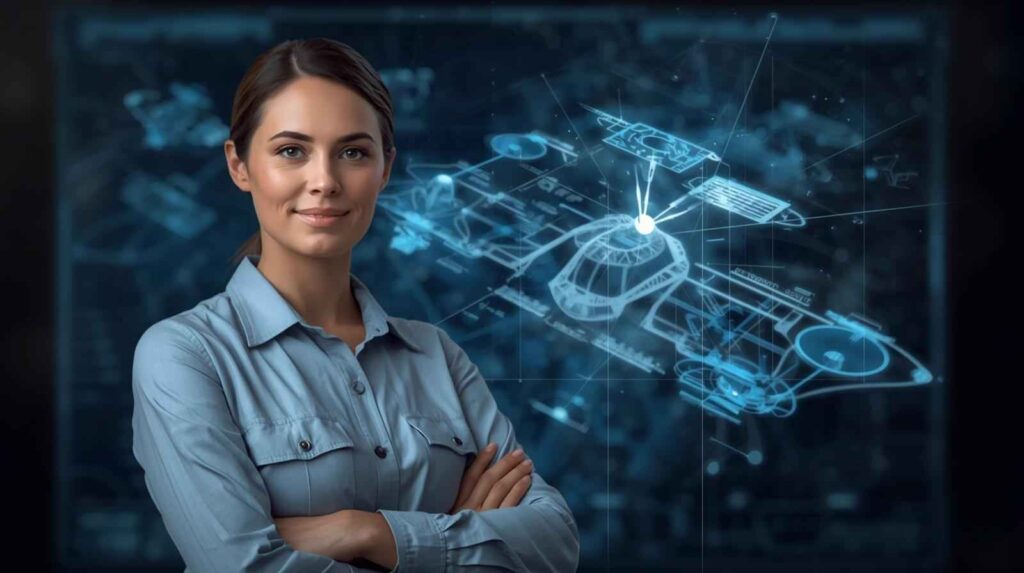
Emerging Trends and MEI’s Role in the Future
1. Growth in Space Exploration
With NASA’s renewed focus on lunar missions, satellite constellations, and Mars exploration, companies like MEI Technologies are becoming essential. Their experience in payload integration and systems validation aligns perfectly with modern space needs.
As private space firms continue to expand, MEI’s engineering backbone could play a vital role in future collaborations, especially in commercial launch support and space logistics.
2. Rising Importance of Cybersecurity
The digital battlefield is just as important as the physical one. With increasing cyber threats targeting aerospace and defense systems, MEI’s cybersecurity expertise positions them as a critical defense partner.
They’re already ahead of the curve, integrating cyber risk management into all technical projects. That foresight ensures clients don’t just react to cyber threats , they anticipate and prevent them.
3. Digital Twins and Virtual Testing
The concept of digital twins , creating a virtual replica of a system to simulate performance , is transforming engineering. MEI’s long-standing strength in modeling and simulation puts them at the forefront of this shift.
By merging physical testing with virtual validation, they’re reducing costs, improving reliability, and accelerating innovation timelines.
4. Human-Centered Engineering
The next phase of innovation is human-centered , designing systems around user experience and operational behavior. MEI’s human systems integration expertise ensures their designs don’t just meet technical specs; they align with real-world human performance.
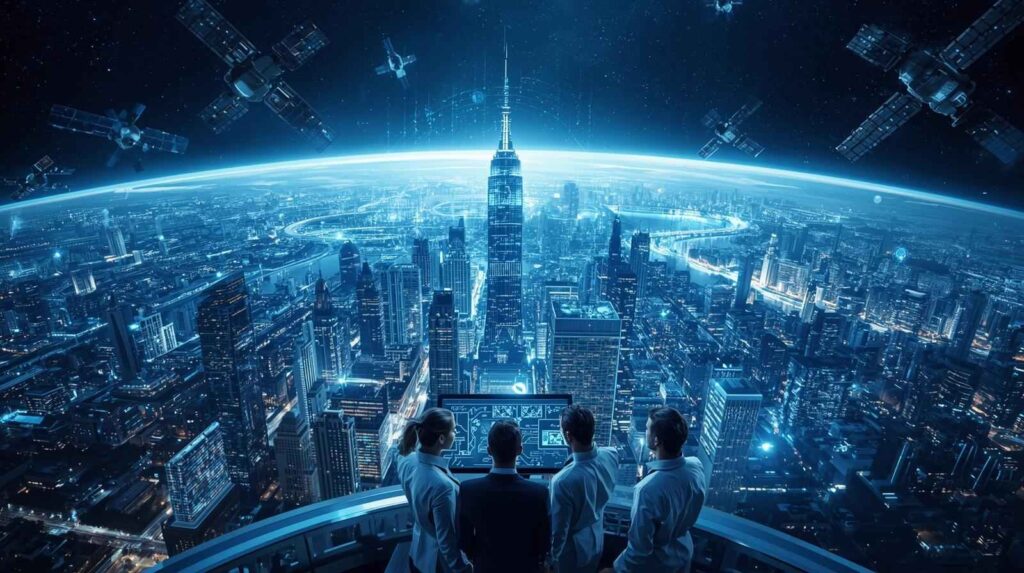
Challenges MEI Technologies Faces
Even great companies face hurdles, and MEI is no exception.
- Dependence on Government Contracts – Most of MEI’s revenue comes from federal agencies. While this provides stability, it also ties growth to government budgets and policy decisions.
- Talent Retention – Skilled engineers in defense, cybersecurity, and aerospace are in high demand. MEI must continuously attract and retain top-tier professionals to sustain excellence.
- Rapid Technological Change – The industries MEI serves evolve quickly. Keeping pace with innovations in AI, autonomous systems, and quantum computing requires ongoing investment in R&D.
- Mission-Critical Risk – Their projects operate in zero-error environments. A single system flaw can jeopardize missions worth millions. That’s immense responsibility , and pressure.
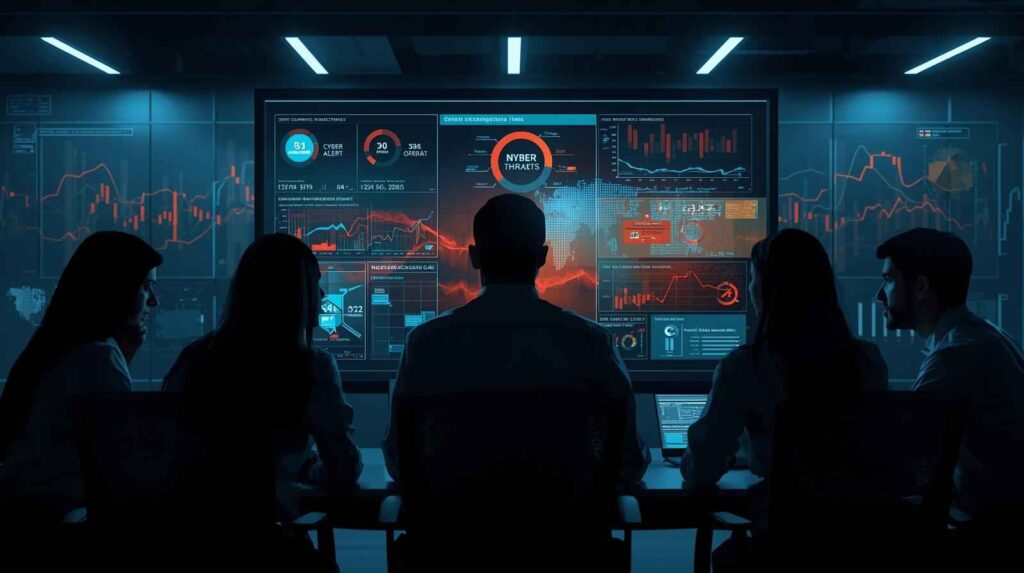
What Professionals and Students Can Learn from MEI Technologies
For Engineering Students
If you’re studying systems engineering, aerospace, or cybersecurity, MEI Technologies represents the kind of organization you should look to for inspiration. Their work shows that technical excellence and mission reliability can coexist beautifully.
Pay attention to their approach , combining simulation, cyber protection, and human factors into one seamless workflow. It’s a reminder that engineering isn’t just about equations; it’s about purpose, precision, and impact.
For Tech Professionals
Professionals can learn from MEI’s integration mindset. In today’s fast-paced environment, the ability to think across systems , connecting mechanical, software, and human elements , is a career advantage.
Their emphasis on simulation, modeling, and testing also underlines an important lesson: real innovation happens when you validate every assumption before it’s too late.
For Businesses and Collaborators
Businesses that work with government or defense sectors can take cues from MEI’s operational model. Their focus on compliance, trust, and lifecycle management is what makes them a preferred partner.
They don’t chase every opportunity , they choose the right ones. And that’s a strategy worth emulating.
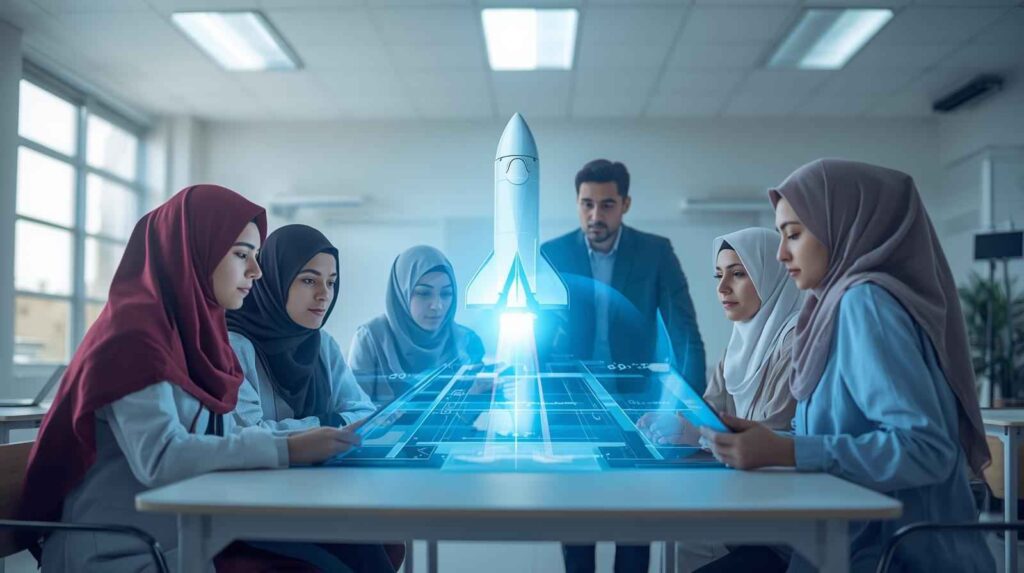
Frequently Asked Questions
1. What is MEI Technologies known for?
MEI Technologies specializes in systems engineering, integration, space payload operations, and cybersecurity for federal agencies such as NASA and the U.S. Department of Defense.
2. Where is MEI Technologies based?
The company is headquartered in Houston, Texas, with operations across multiple states including Alabama, Colorado, and New Mexico.
3. Which industries does MEI serve?
MEI primarily serves the aerospace, defense, cyber, and space exploration sectors.
4. What makes MEI Technologies different from competitors?
Their ability to integrate cross-disciplinary engineering , from systems design to human factors , and their proven track record in space and defense missions set them apart.
5. How does MEI support space missions?
They provide payload integration, launch support, testing, and simulation services for government and commercial missions.
6. What are MEI Technologies’ future prospects?
With growing demand for cybersecurity, digital twin testing, and space systems engineering, MEI is poised for continued growth and industry leadership.

Conclusion
In a world where flashy startups dominate headlines, MEI Technologies stands out for something far more meaningful , consistency, trust, and mission success. They don’t just design systems; they build the invisible framework that keeps our most critical operations running.
From payload integration to cybersecurity, MEI exemplifies what modern engineering should look like , intelligent, integrated, and human-centered. They’re proof that true innovation doesn’t always make noise; sometimes it simply works flawlessly.
If you’re a student, take inspiration from their precision and discipline. If you’re a professional, learn from their cross-domain approach. And if you’re an organization, understand that companies like MEI are the silent force behind every mission that truly matters.
Because in the end, reliability isn’t just an engineering metric , it’s a promise. And MEI Technologies keeps that promise with every mission they touch.
